Introduction
Market capitalization measures the total value of a company's outstanding shares, reflecting its financial strength and market influence. Mega-cap stocks, typically valued at over $200 billion, represent the largest and most established firms in the global economy. These companies shape industry trends, drive innovation, and maintain substantial investor confidence due to their stability and market dominance. Apple, consistently ranking among the world's most valuable companies, exemplifies the characteristics of a mega-cap stock. Its extensive market reach, strong financials, and ongoing product innovation solidify its position as a leading investment choice, making it an important subject in discussions about mega-cap classifications.
Understanding Mega-Cap Stocks
Mega-cap stocks are the largest publicly traded companies, typically valued at over $200 billion. These firms dominate their industries, influencing market trends and economic policies due to their sheer size and financial strength. Their market capitalization is determined by multiplying the company's share price by the total number of outstanding shares. Because of their scale, mega-cap stocks often serve as benchmarks for broader market performance, impacting major indices such as the S&P 500 and Nasdaq-100.
Mega-cap companies exhibit several defining characteristics, including strong financials, global brand recognition, and diversified revenue streams. They tend to have lower volatility compared to smaller-cap stocks, making them attractive to conservative investors seeking stability. Their ability to generate consistent earnings and maintain market leadership further enhances their appeal. Many mega-cap firms, such as Apple, Microsoft, and Amazon, have established themselves as industry leaders, shaping technological advancements and consumer trends.
Examples of well-known mega-cap stocks include companies across various sectors, such as technology, healthcare, and finance. Apple, with its extensive product ecosystem and global presence, consistently ranks among the highest-valued companies. Microsoft, a leader in software and cloud computing, maintains strong financial performance and market influence. Other notable mega-cap stocks include Alphabet, Meta, and Berkshire Hathaway, all of which play significant roles in shaping their respective industries.
Apple's Market Capitalization and Growth
Apple's market capitalization has experienced significant growth over the years, solidifying its position as one of the world's leading mega-cap stocks. In 2010, Apple's market cap was below $300 billion, but by 2020, it had surpassed the $2 trillion mark, reflecting its rapid expansion and dominance in the technology sector. As of May 2025, Apple's market cap stands at approximately $3.159 trillion, making it the second most valuable company globally.
When compared to other mega-cap stocks, Apple remains a dominant force in the market. Microsoft, another technology giant, has a market cap of $3.342 trillion, slightly ahead of Apple. Apple's valuation is driven by its extensive ecosystem, including hardware, software, and services, which contribute to its sustained revenue growth. Despite fluctuations in stock prices, Apple has consistently ranked among the top companies in terms of market value.
Several factors have contributed to Apple's market cap growth. Its flagship iPhone continues to be a major revenue driver, complemented by strong sales in wearables such as the Apple Watch and AirPods. Additionally, Apple's services segment, including iCloud, Apple Music, and the App Store, has become a significant source of recurring revenue. Strategic acquisitions, product diversification, and global expansion have further strengthened Apple's financial position, allowing it to maintain its status as a leading mega-cap stock.
Industry Influence and Competitive Positioning
Apple has played a transformative role in shaping the technology sector, driving innovation across multiple industries. From the introduction of the iPhone to advancements in wearable technology, Apple has consistently set new standards for design, functionality, and user experience. Its ecosystem, which integrates hardware, software, and services, has influenced competitors and redefined consumer expectations. The company's commitment to research and development ensures that it remains at the forefront of technological advancements, continuously expanding its influence in areas such as artificial intelligence, augmented reality, and cloud computing.
When compared to other mega-cap technology companies, Apple stands out for its strong brand loyalty and diversified revenue streams. Microsoft, another industry leader, dominates enterprise software and cloud computing, while Alphabet leads in digital advertising and AI-driven services. Amazon, with its e-commerce and cloud infrastructure, competes in multiple sectors, while Nvidia has surged in valuation due to its leadership in AI-focused semiconductor technology. Despite these competitors, Apple maintains a unique position by combining premium hardware with a seamless software experience, reinforcing its dominance in consumer electronics.
Apple's innovations have had a profound impact on global markets, influencing industries beyond technology. The company's advancements in mobile computing have reshaped communication, entertainment, and commerce, driving demand for app development and digital services. Its focus on privacy and security has set industry benchmarks, prompting regulatory discussions and influencing competitors' strategies. Additionally, Apple's supply chain decisions affect global manufacturing trends, with its emphasis on sustainability and ethical sourcing shaping industry standards. As Apple continues to innovate, its influence on global markets is expected to grow, reinforcing its status as a leading mega-cap.
Financial Strength and Stability
Apple's financial strength is evident in its diverse revenue streams and profitability metrics. The company generates substantial income from hardware sales, including iPhones, MacBooks, and iPads, alongside its growing services segment, which includes iCloud, Apple Music, and the App Store. Apple's ability to maintain high profit margins stems from its premium pricing strategy and strong brand loyalty. Despite fluctuations in global demand, Apple consistently reports robust earnings, reinforcing its position as a leading mega-cap stock.
Apple's dividend policies and shareholder returns further highlight its financial stability. The company has maintained a steady dividend payout, rewarding investors with consistent returns. Its share buyback programs also contribute to shareholder value, reducing the number of outstanding shares and increasing earnings per share. Compared to other mega-cap stocks, Apple's dividend yield may be lower, but its commitment to returning capital to investors remains strong. Institutional investors often favor Apple for its predictable financial performance and long-term growth potential.
Apple has demonstrated resilience during economic downturns, leveraging its strong balance sheet and diversified revenue streams to navigate market volatility. During periods of financial uncertainty, Apple's ability to generate consistent cash flow allows it to sustain operations and continue investing in innovation. The company's global presence and adaptability ensure that it remains competitive, even in challenging economic conditions. Its ability to withstand recessions and maintain profitability reinforces its status as a reliable investment option.
Institutional Investment and Market Liquidity
Apple has consistently attracted significant institutional investment, with major financial firms holding substantial stakes in the company. As of May 2025, approximately 67.73% of Apple's outstanding shares are owned by institutional investors. This high level of institutional ownership reflects confidence in Apple's long-term stability and growth potential. Large investment funds, pension plans, and mutual funds frequently include Apple in their portfolios due to its strong financial performance and market influence.
Liquidity and trading volume further reinforce Apple's position as a leading mega-cap stock. Apple consistently ranks among the most actively traded stocks, ensuring ease of buying and selling for investors. Compared to other mega-cap stocks such as Microsoft and Alphabet, Apple maintains high liquidity, reducing the risk of price manipulation and extreme volatility. The company's inclusion in major indices like the S&P 500 and Nasdaq-100 enhances its accessibility to institutional investors, contributing to stable trading patterns.
Institutional investors view Apple as a long-term investment due to its diversified revenue streams and consistent profitability. The company's ability to generate substantial cash flow, maintain strong earnings, and innovate within the technology sector makes it a reliable choice for large-scale investors.
Risks and Challenges for Apple as a Mega-Cap Stock
Apple faces market saturation and growth limitations as one of the key challenges of being a mega-cap stock. As one of the largest technology companies in the world, Apple has already captured a significant portion of the global smartphone and computing markets. This widespread adoption limits its ability to expand further, forcing the company to rely on incremental product improvements and service expansions. While Apple continues to innovate, its ability to achieve rapid growth is constrained compared to smaller, more agile competitors.
Regulatory and geopolitical risks also pose challenges for Apple. Governments worldwide have increased scrutiny on large technology firms, imposing stricter regulations on data privacy, antitrust concerns, and digital taxation. Additionally, Apple's reliance on global supply chains makes it vulnerable to trade restrictions and geopolitical tensions, particularly in regions like China, where a significant portion of its manufacturing occurs. These factors can impact Apple's profitability and operational efficiency, requiring strategic adjustments to navigate evolving regulatory landscapes.
Competitive pressures from emerging tech firms further challenge Apple's market dominance. Companies specializing in artificial intelligence, cloud computing, and semiconductor technology are rapidly gaining traction, introducing disruptive innovations that could shift industry dynamics. Apple must continuously invest in research and development to maintain its competitive edge and adapt to changing consumer preferences. While its brand loyalty and ecosystem provide advantages, the rise of new competitors presents ongoing risks to Apple's long-term growth.
Historical Performance and Future Outlook
Apple's stock performance has demonstrated resilience and consistent growth over the years. Historically, Apple has maintained strong returns, often outperforming broader market indices. Over the past decade, its stock has shown steady appreciation, driven by product innovation, strategic acquisitions, and expanding revenue streams. Despite occasional market corrections, Apple has remained a dominant force in the technology sector, reinforcing investor confidence in its long-term potential.
Economic cycles have played a significant role in shaping Apple's valuation. During periods of economic expansion, Apple's stock tends to benefit from increased consumer spending and demand for its premium products. Conversely, during downturns, Apple has leveraged its strong balance sheet and diversified revenue streams to maintain stability. The company's ability to adapt to changing market conditions has helped it navigate recessions and financial crises more effectively than many competitors.
Looking ahead, Apple's market capitalization is expected to continue its upward trajectory. Analysts predict that advancements in artificial intelligence, augmented reality, and cloud services will further strengthen Apple's position in the market. Additionally, its ongoing investment in research and development, coupled with a loyal customer base, suggests sustained growth. While competition and regulatory challenges may pose risks, Apple's strategic initiatives and financial strength position it well for future expansion.
Is Apple the Best Mega-Cap Investment?
Apple remains one of the most sought-after mega-cap investments, but whether it is the best choice depends on various factors. Investors consider elements such as revenue stability, innovation, and market positioning when evaluating Apple’s stock. The company’s strong financials, consistent product demand, and ability to adapt to technological shifts contribute to its appeal. However, external factors like regulatory scrutiny and competitive pressures must also be weighed when making investment decisions.
Risk tolerance plays a crucial role in determining whether Apple aligns with an investor’s financial goals. Conservative investors may favor Apple for its stability, dividend payouts, and long-term growth potential. Those seeking higher returns might explore other mega-cap stocks with more aggressive expansion strategies. Apple’s ability to maintain profitability during economic downturns makes it a reliable option for those prioritizing security over rapid appreciation.
Portfolio allocation strategies involving Apple stock vary based on investment objectives. Some investors allocate a significant portion of their holdings to Apple due to its consistent performance, while others diversify across multiple mega-cap stocks to mitigate risk. Balancing Apple with other technology and non-tech investments can help optimize returns while reducing exposure to sector-specific volatility. Institutional investors often include Apple in their portfolios due to its liquidity and predictable earnings.
Conclusion
Apple's classification as a mega-cap stock highlights its financial strength, industry influence, and long-term stability. With a market capitalization consistently ranking among the highest globally, Apple has demonstrated resilience in economic cycles and maintained strong investor confidence. Its diversified revenue streams, commitment to innovation, and ability to adapt to shifting market trends reinforce its position as one of the most dominant players in the technology sector.
While challenges such as market saturation and competitive pressures exist, Apple's strategic investments and global brand loyalty continue to support its sustained growth. For investors evaluating mega-cap stocks, Apple remains a compelling option, balancing reliability with ongoing expansion opportunities in a rapidly evolving market.
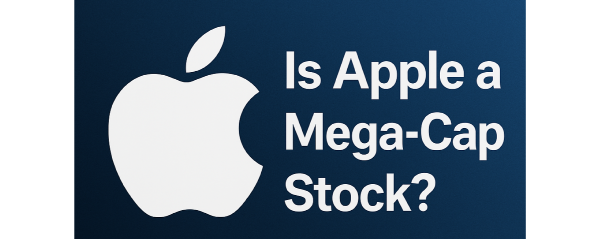

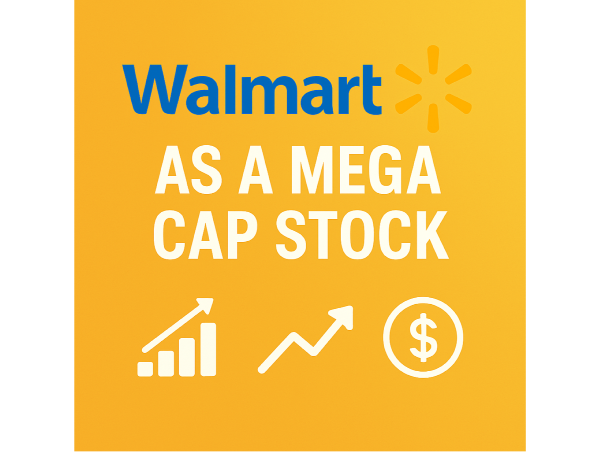
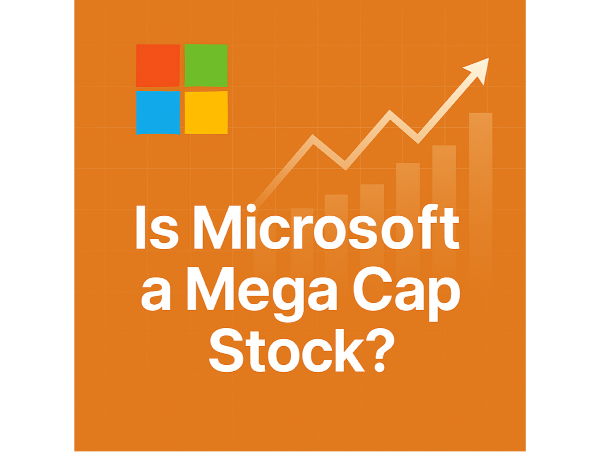

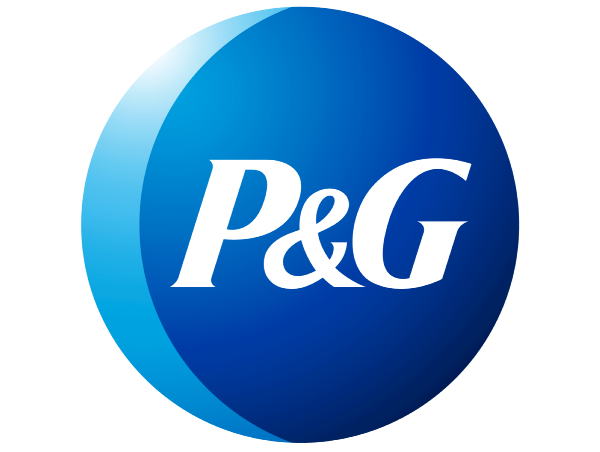


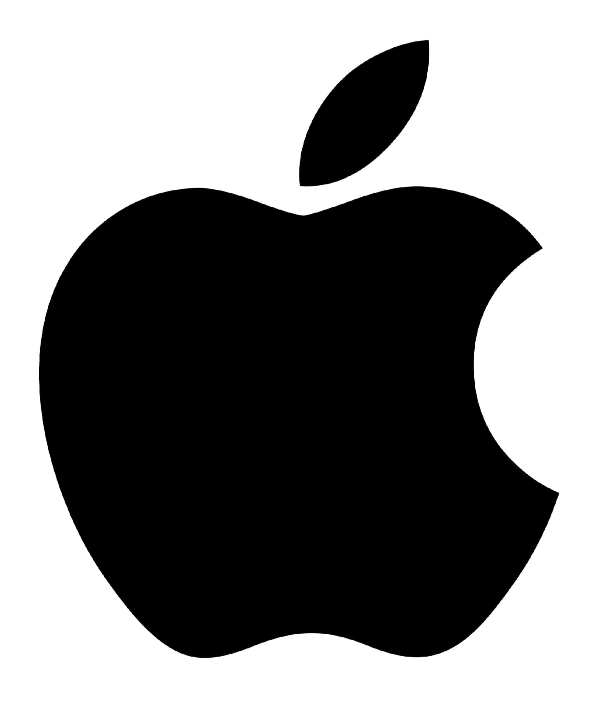
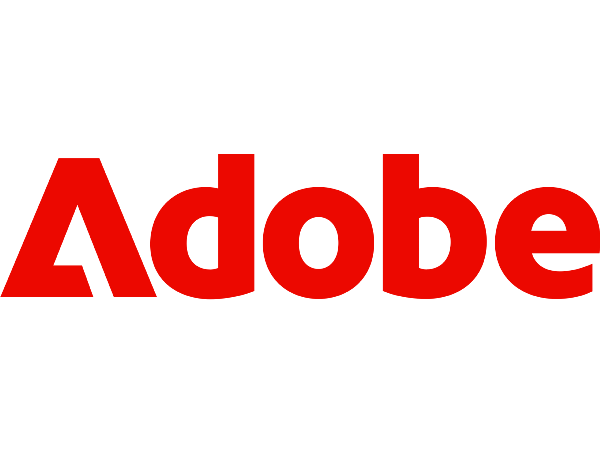




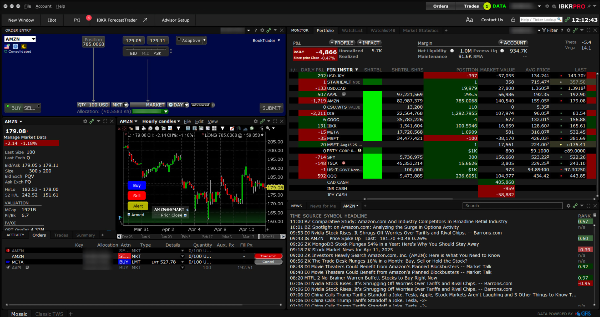
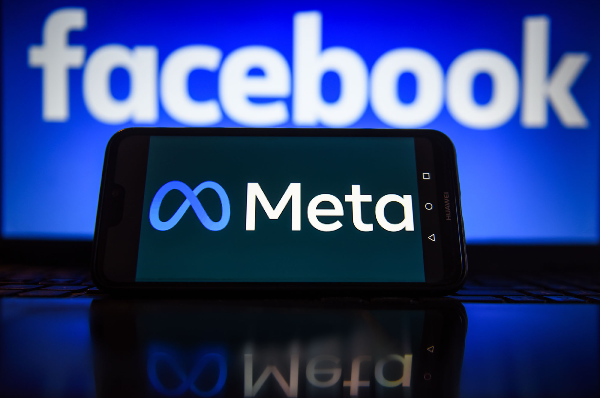



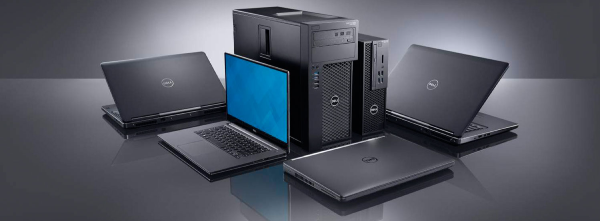


Introduction
Market capitalization measures the total value of a company's outstanding shares, reflecting its financial strength and market influence. Mega-cap stocks, typically valued at over $200 billion, represent the largest and most established firms in the global economy. These companies shape industry trends, drive innovation, and maintain substantial investor confidence due to their stability and market dominance. Apple, consistently ranking among the world's most valuable companies, exemplifies the characteristics of a mega-cap stock. Its extensive market reach, strong financials, and ongoing product innovation solidify its position as a leading investment choice, making it an important subject in discussions about mega-cap classifications.
Understanding Mega-Cap Stocks
Mega-cap stocks are the largest publicly traded companies, typically valued at over $200 billion. These firms dominate their industries, influencing market trends and economic policies due to their sheer size and financial strength. Their market capitalization is determined by multiplying the company's share price by the total number of outstanding shares. Because of their scale, mega-cap stocks often serve as benchmarks for broader market performance, impacting major indices such as the S&P 500 and Nasdaq-100.
Mega-cap companies exhibit several defining characteristics, including strong financials, global brand recognition, and diversified revenue streams. They tend to have lower volatility compared to smaller-cap stocks, making them attractive to conservative investors seeking stability. Their ability to generate consistent earnings and maintain market leadership further enhances their appeal. Many mega-cap firms, such as Apple, Microsoft, and Amazon, have established themselves as industry leaders, shaping technological advancements and consumer trends.
Examples of well-known mega-cap stocks include companies across various sectors, such as technology, healthcare, and finance. Apple, with its extensive product ecosystem and global presence, consistently ranks among the highest-valued companies. Microsoft, a leader in software and cloud computing, maintains strong financial performance and market influence. Other notable mega-cap stocks include Alphabet, Meta, and Berkshire Hathaway, all of which play significant roles in shaping their respective industries.
Apple's Market Capitalization and Growth
Apple's market capitalization has experienced significant growth over the years, solidifying its position as one of the world's leading mega-cap stocks. In 2010, Apple's market cap was below $300 billion, but by 2020, it had surpassed the $2 trillion mark, reflecting its rapid expansion and dominance in the technology sector. As of May 2025, Apple's market cap stands at approximately $3.159 trillion, making it the second most valuable company globally.
When compared to other mega-cap stocks, Apple remains a dominant force in the market. Microsoft, another technology giant, has a market cap of $3.342 trillion, slightly ahead of Apple. Apple's valuation is driven by its extensive ecosystem, including hardware, software, and services, which contribute to its sustained revenue growth. Despite fluctuations in stock prices, Apple has consistently ranked among the top companies in terms of market value.
Several factors have contributed to Apple's market cap growth. Its flagship iPhone continues to be a major revenue driver, complemented by strong sales in wearables such as the Apple Watch and AirPods. Additionally, Apple's services segment, including iCloud, Apple Music, and the App Store, has become a significant source of recurring revenue. Strategic acquisitions, product diversification, and global expansion have further strengthened Apple's financial position, allowing it to maintain its status as a leading mega-cap stock.
Industry Influence and Competitive Positioning
Apple has played a transformative role in shaping the technology sector, driving innovation across multiple industries. From the introduction of the iPhone to advancements in wearable technology, Apple has consistently set new standards for design, functionality, and user experience. Its ecosystem, which integrates hardware, software, and services, has influenced competitors and redefined consumer expectations. The company's commitment to research and development ensures that it remains at the forefront of technological advancements, continuously expanding its influence in areas such as artificial intelligence, augmented reality, and cloud computing.
When compared to other mega-cap technology companies, Apple stands out for its strong brand loyalty and diversified revenue streams. Microsoft, another industry leader, dominates enterprise software and cloud computing, while Alphabet leads in digital advertising and AI-driven services. Amazon, with its e-commerce and cloud infrastructure, competes in multiple sectors, while Nvidia has surged in valuation due to its leadership in AI-focused semiconductor technology. Despite these competitors, Apple maintains a unique position by combining premium hardware with a seamless software experience, reinforcing its dominance in consumer electronics.
Apple's innovations have had a profound impact on global markets, influencing industries beyond technology. The company's advancements in mobile computing have reshaped communication, entertainment, and commerce, driving demand for app development and digital services. Its focus on privacy and security has set industry benchmarks, prompting regulatory discussions and influencing competitors' strategies. Additionally, Apple's supply chain decisions affect global manufacturing trends, with its emphasis on sustainability and ethical sourcing shaping industry standards. As Apple continues to innovate, its influence on global markets is expected to grow, reinforcing its status as a leading mega-cap.
Financial Strength and Stability
Apple's financial strength is evident in its diverse revenue streams and profitability metrics. The company generates substantial income from hardware sales, including iPhones, MacBooks, and iPads, alongside its growing services segment, which includes iCloud, Apple Music, and the App Store. Apple's ability to maintain high profit margins stems from its premium pricing strategy and strong brand loyalty. Despite fluctuations in global demand, Apple consistently reports robust earnings, reinforcing its position as a leading mega-cap stock.
Apple's dividend policies and shareholder returns further highlight its financial stability. The company has maintained a steady dividend payout, rewarding investors with consistent returns. Its share buyback programs also contribute to shareholder value, reducing the number of outstanding shares and increasing earnings per share. Compared to other mega-cap stocks, Apple's dividend yield may be lower, but its commitment to returning capital to investors remains strong. Institutional investors often favor Apple for its predictable financial performance and long-term growth potential.
Apple has demonstrated resilience during economic downturns, leveraging its strong balance sheet and diversified revenue streams to navigate market volatility. During periods of financial uncertainty, Apple's ability to generate consistent cash flow allows it to sustain operations and continue investing in innovation. The company's global presence and adaptability ensure that it remains competitive, even in challenging economic conditions. Its ability to withstand recessions and maintain profitability reinforces its status as a reliable investment option.
Institutional Investment and Market Liquidity
Apple has consistently attracted significant institutional investment, with major financial firms holding substantial stakes in the company. As of May 2025, approximately 67.73% of Apple's outstanding shares are owned by institutional investors. This high level of institutional ownership reflects confidence in Apple's long-term stability and growth potential. Large investment funds, pension plans, and mutual funds frequently include Apple in their portfolios due to its strong financial performance and market influence.
Liquidity and trading volume further reinforce Apple's position as a leading mega-cap stock. Apple consistently ranks among the most actively traded stocks, ensuring ease of buying and selling for investors. Compared to other mega-cap stocks such as Microsoft and Alphabet, Apple maintains high liquidity, reducing the risk of price manipulation and extreme volatility. The company's inclusion in major indices like the S&P 500 and Nasdaq-100 enhances its accessibility to institutional investors, contributing to stable trading patterns.
Institutional investors view Apple as a long-term investment due to its diversified revenue streams and consistent profitability. The company's ability to generate substantial cash flow, maintain strong earnings, and innovate within the technology sector makes it a reliable choice for large-scale investors.
Risks and Challenges for Apple as a Mega-Cap Stock
Apple faces market saturation and growth limitations as one of the key challenges of being a mega-cap stock. As one of the largest technology companies in the world, Apple has already captured a significant portion of the global smartphone and computing markets. This widespread adoption limits its ability to expand further, forcing the company to rely on incremental product improvements and service expansions. While Apple continues to innovate, its ability to achieve rapid growth is constrained compared to smaller, more agile competitors.
Regulatory and geopolitical risks also pose challenges for Apple. Governments worldwide have increased scrutiny on large technology firms, imposing stricter regulations on data privacy, antitrust concerns, and digital taxation. Additionally, Apple's reliance on global supply chains makes it vulnerable to trade restrictions and geopolitical tensions, particularly in regions like China, where a significant portion of its manufacturing occurs. These factors can impact Apple's profitability and operational efficiency, requiring strategic adjustments to navigate evolving regulatory landscapes.
Competitive pressures from emerging tech firms further challenge Apple's market dominance. Companies specializing in artificial intelligence, cloud computing, and semiconductor technology are rapidly gaining traction, introducing disruptive innovations that could shift industry dynamics. Apple must continuously invest in research and development to maintain its competitive edge and adapt to changing consumer preferences. While its brand loyalty and ecosystem provide advantages, the rise of new competitors presents ongoing risks to Apple's long-term growth.
Historical Performance and Future Outlook
Apple's stock performance has demonstrated resilience and consistent growth over the years. Historically, Apple has maintained strong returns, often outperforming broader market indices. Over the past decade, its stock has shown steady appreciation, driven by product innovation, strategic acquisitions, and expanding revenue streams. Despite occasional market corrections, Apple has remained a dominant force in the technology sector, reinforcing investor confidence in its long-term potential.
Economic cycles have played a significant role in shaping Apple's valuation. During periods of economic expansion, Apple's stock tends to benefit from increased consumer spending and demand for its premium products. Conversely, during downturns, Apple has leveraged its strong balance sheet and diversified revenue streams to maintain stability. The company's ability to adapt to changing market conditions has helped it navigate recessions and financial crises more effectively than many competitors.
Looking ahead, Apple's market capitalization is expected to continue its upward trajectory. Analysts predict that advancements in artificial intelligence, augmented reality, and cloud services will further strengthen Apple's position in the market. Additionally, its ongoing investment in research and development, coupled with a loyal customer base, suggests sustained growth. While competition and regulatory challenges may pose risks, Apple's strategic initiatives and financial strength position it well for future expansion.
Is Apple the Best Mega-Cap Investment?
Apple remains one of the most sought-after mega-cap investments, but whether it is the best choice depends on various factors. Investors consider elements such as revenue stability, innovation, and market positioning when evaluating Apple’s stock. The company’s strong financials, consistent product demand, and ability to adapt to technological shifts contribute to its appeal. However, external factors like regulatory scrutiny and competitive pressures must also be weighed when making investment decisions.
Risk tolerance plays a crucial role in determining whether Apple aligns with an investor’s financial goals. Conservative investors may favor Apple for its stability, dividend payouts, and long-term growth potential. Those seeking higher returns might explore other mega-cap stocks with more aggressive expansion strategies. Apple’s ability to maintain profitability during economic downturns makes it a reliable option for those prioritizing security over rapid appreciation.
Portfolio allocation strategies involving Apple stock vary based on investment objectives. Some investors allocate a significant portion of their holdings to Apple due to its consistent performance, while others diversify across multiple mega-cap stocks to mitigate risk. Balancing Apple with other technology and non-tech investments can help optimize returns while reducing exposure to sector-specific volatility. Institutional investors often include Apple in their portfolios due to its liquidity and predictable earnings.
Conclusion
Apple's classification as a mega-cap stock highlights its financial strength, industry influence, and long-term stability. With a market capitalization consistently ranking among the highest globally, Apple has demonstrated resilience in economic cycles and maintained strong investor confidence. Its diversified revenue streams, commitment to innovation, and ability to adapt to shifting market trends reinforce its position as one of the most dominant players in the technology sector.
While challenges such as market saturation and competitive pressures exist, Apple's strategic investments and global brand loyalty continue to support its sustained growth. For investors evaluating mega-cap stocks, Apple remains a compelling option, balancing reliability with ongoing expansion opportunities in a rapidly evolving market.